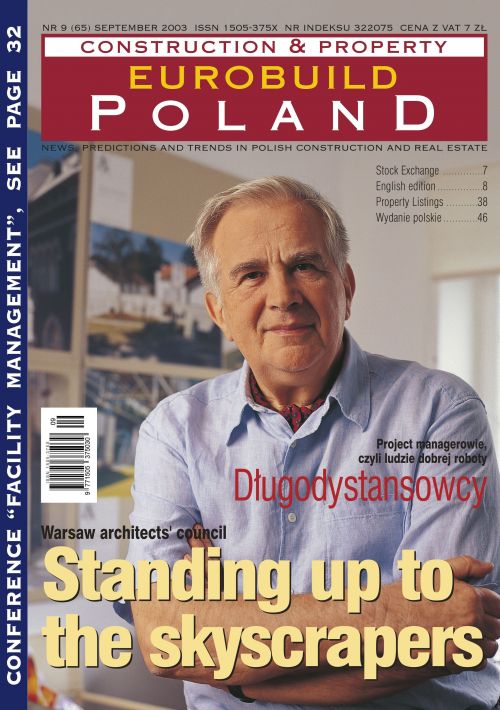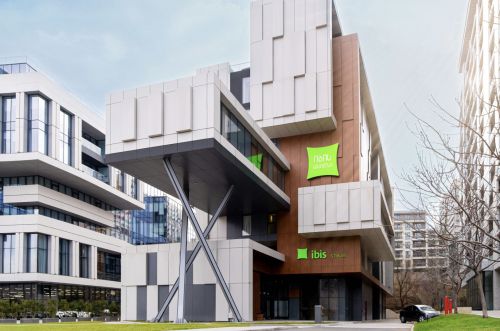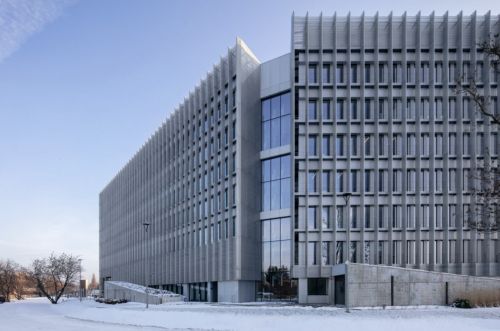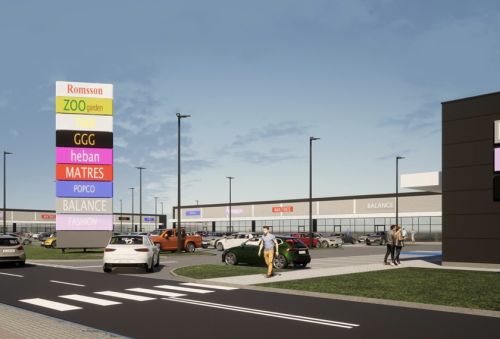Developing Poland's motorway system has been a vast, complicated and often frustrating endeavour. Funding construction has been a constant headache and choosing the best way of recouping the money investedhas still to be resolved, now almost ten years since 'The Toll Motorways Act' was passed. Progress however, though somewhat slower than earlier envisaged, is mercifully being made
In an interview on this subject in Eurobuild's May 2002 issue, the 'winiets' system of charging drivers for motorway use was mooted, as an alternative to tolls. This method, which consists of the annual purchase of a windshield-sticker to show that a driver is entitled to use the motorway, was indeed planned for implementation in February this year, but the Sejm ultimately rejected the scheme. As a result, the government is now scouring the earth for other solutions, one of which could be to boost the National Motorway Fund by introducing a tax on the sale of fuel. The strong possibility of a consequent hik




























































